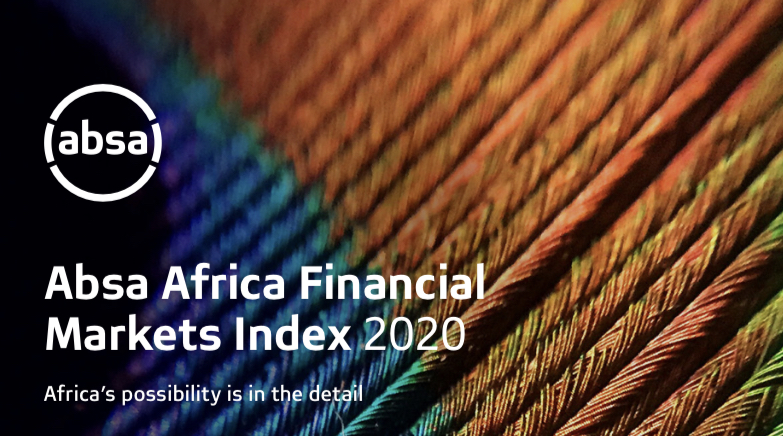The recently released Absa Africa Financial Markets Index for 2020 revealed key innovations and sustainability initiatives in product offerings in COVID era. Disease pandemic has had a doubled edged impact with some countries offering products such as green bonds to fund climate change initiatives. Nations that saw innovation include Nigeria and Kenya with green fixed income issuances. Nigeria, Africa’s largest economy is set to launch its third sovereign green bond while East Africa’s largest economy issued its debut green bond in 2019, with proceeds used to finance sustainable student housing in Nairobi. The government has introduced financial incentives to invest in such bonds, with sweeteners such as investor exemption from withholding tax (WHT) on interest earned. North Africa’s largest economy Egypt has seen significant economic recovery and activity post the Arab Spring. Egypt had its debut green bond in September, the first in the Middle East and North Africa.
The African Development Bank -AfDB set a record second to none when it issued the worlds social bond in 1Q20 to the tune of $3billion three-year bonds to curb disease pandemic. This earned the AfDB a slot in the Nasdaq Sustainable Bond Network in June this year.
Sustainability is another key theme that African financial markets are adopting with the Johannesburg Stock Exchange (JSE) steadily widening its green bond segment to a sustainability division which will include green, social and sustainability fixed income. Further, last year, Nigeria Stock Exchange – NSE and the Luxembourg signed a Memorandum of Understanding (MOU) that will aid cross listing and trading, to help expand the green bond market.
The AFMIndex report revealed leading banks in the green bond space such as South Africa’s Standard Bank which issued a $200million green bond, the country’s largest sale. Historically Absa was the first African corporate to issue a social bond. Nedbank, in partnership with AfDB, introduced a Sustainable Development Goals-linked tier 2 bond and was last year, the first JSE listed bank in South Africa to launch a specific renewable energy bond.
New vehicles for green growth in east and southern Africa Rwanda and the Coalition for Green Capital are establishing the Rwanda Catalytic Green Investment Bank while Uganda plans to create a $200m fund to help finance environmental restoration from natural disasters. The Trade and Development Bank (TDB) of Eastern and Southern Africa has signed a partnership with the French development agency for a $150million line of credit to fund sustainable infrastructure in East Africa. The Development Bank of Southern Africa (DBSA) and the Green Climate Fund (GCF) have launched a specialised climate finance facility for South Africa, Namibia, Lesotho and Eswatini. Namibia’s Environmental Investment Fund, designed to counter drought effects, secured $8.4m from the UN’s green climate fund.
Other innovations – technology related
The Banco Nacional de Angola (BNA) adopted a foreign exchange electronic trading system to bring greater efficiency and transparency to its foreign exchange market while the Eswatini Stock Exchange (ESE) launched an automated trading system that includes mobile trading for retail investors. The Namibian Stock Exchange listed its first bond exchange-traded fund while Uganda reformed its primary dealer system to spur secondary market trading activity. Zambia formed a capital markets tribunal to enhance dispute resolution and settlement while Seychelles established the Securities, Commodities and Derivatives Exchange, listing both traditional and digital assets. In addition the Kenyan markets have allowed for government security purchases using MPESA mobile money platform.
The Kwacha Arbitrageur.


1 Comment
Pingback: Green bonds, Zambia's next viable funding option post 'disease pandemic' recovery | The Business Telegraph